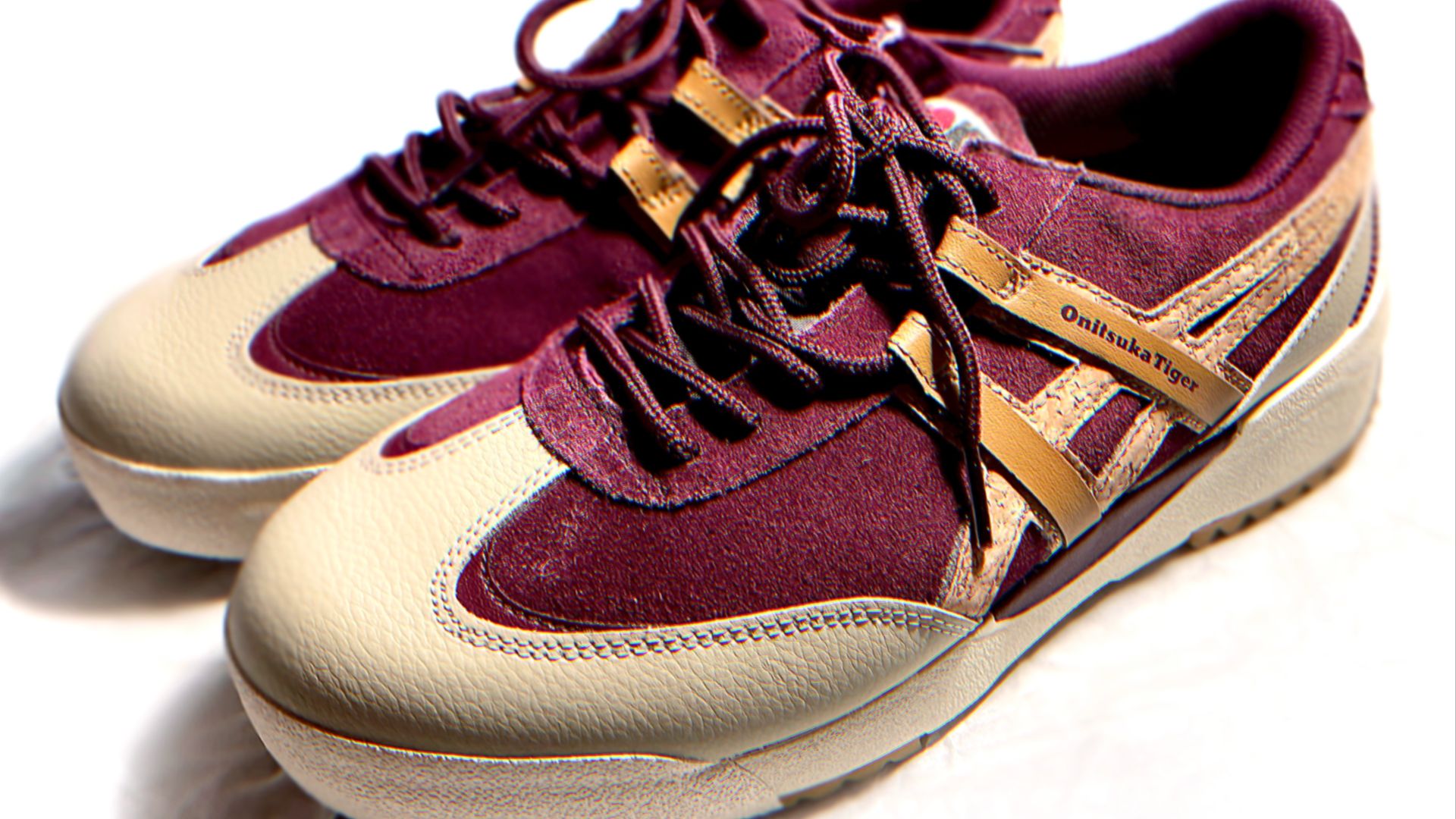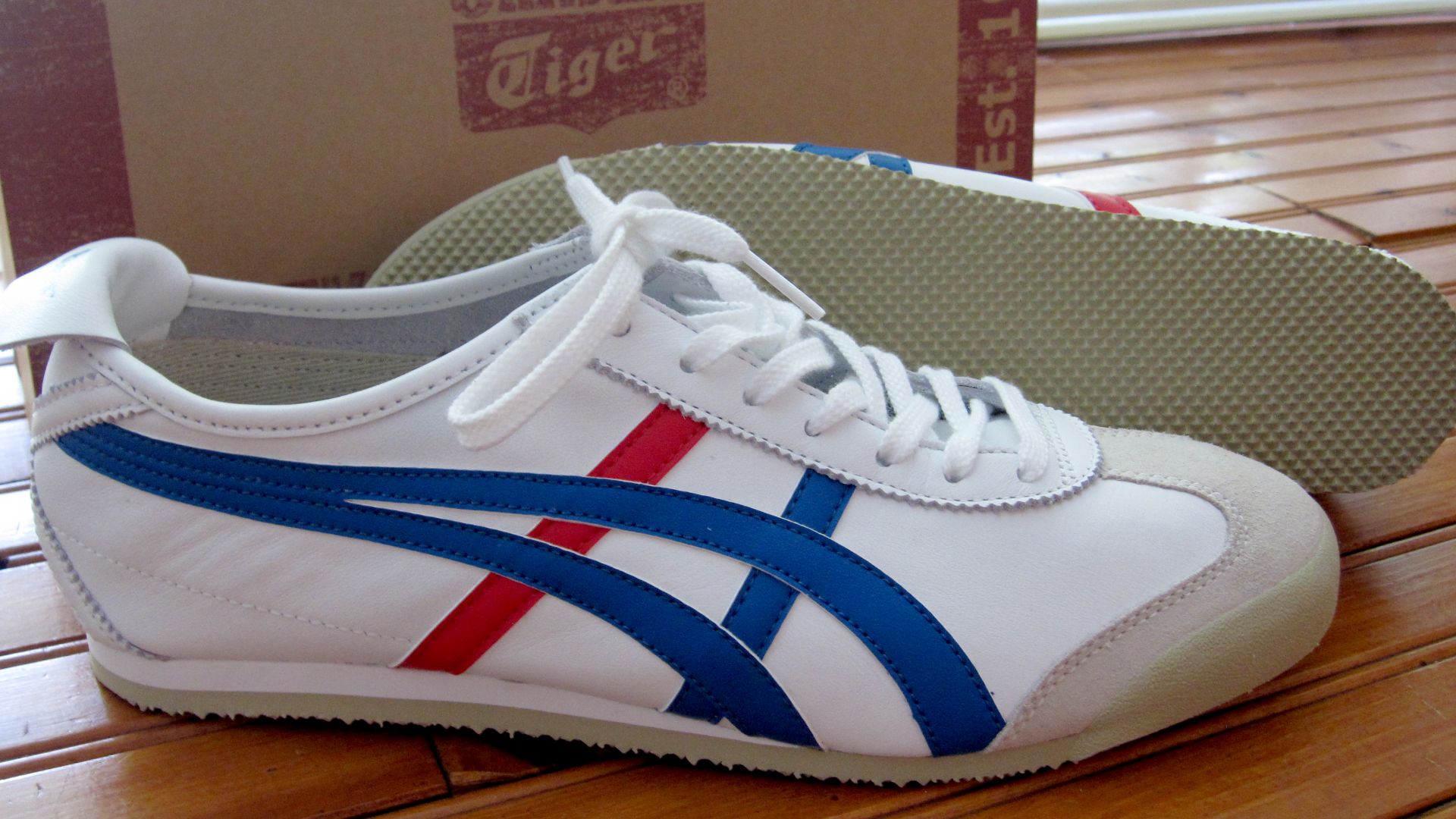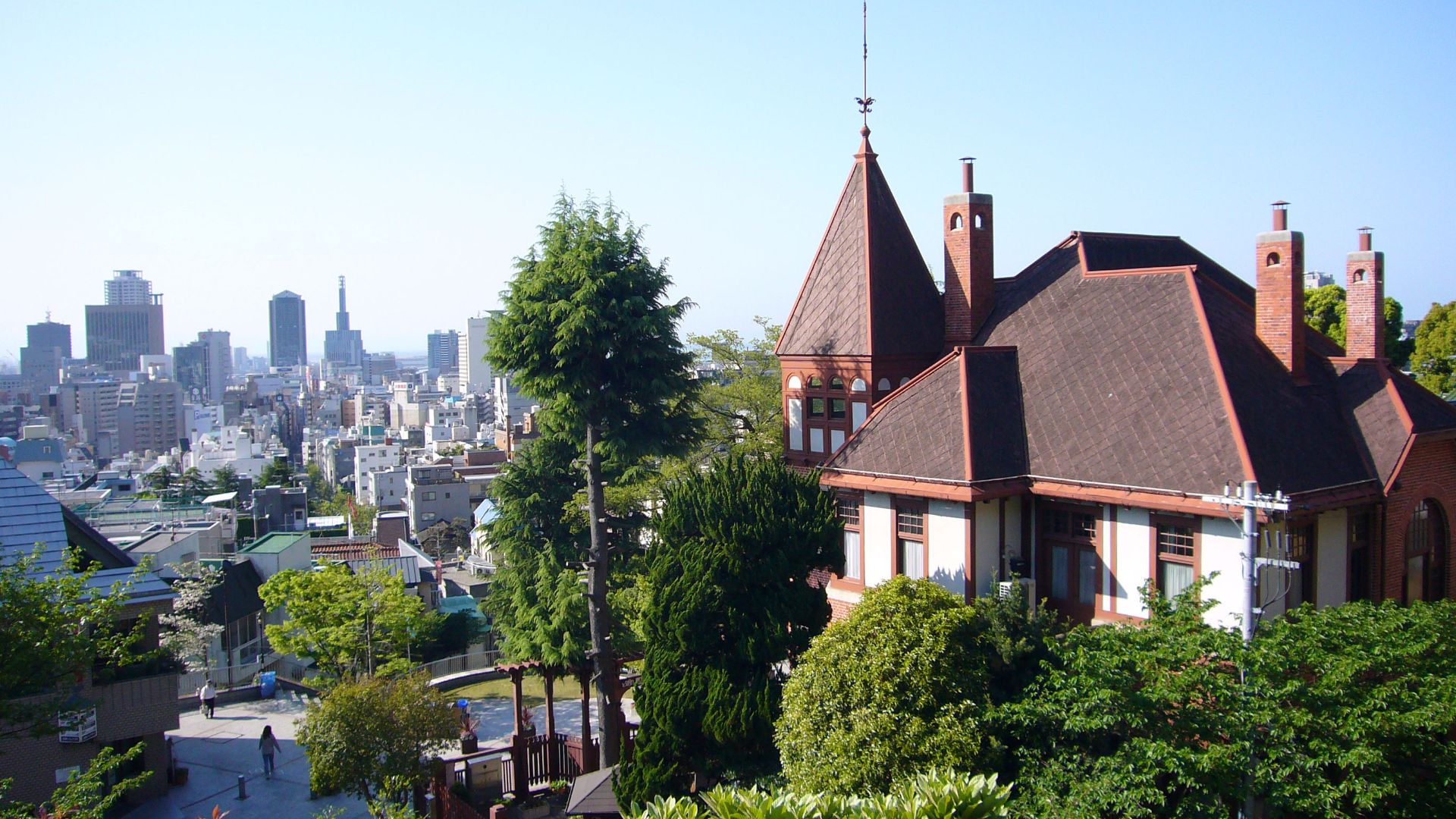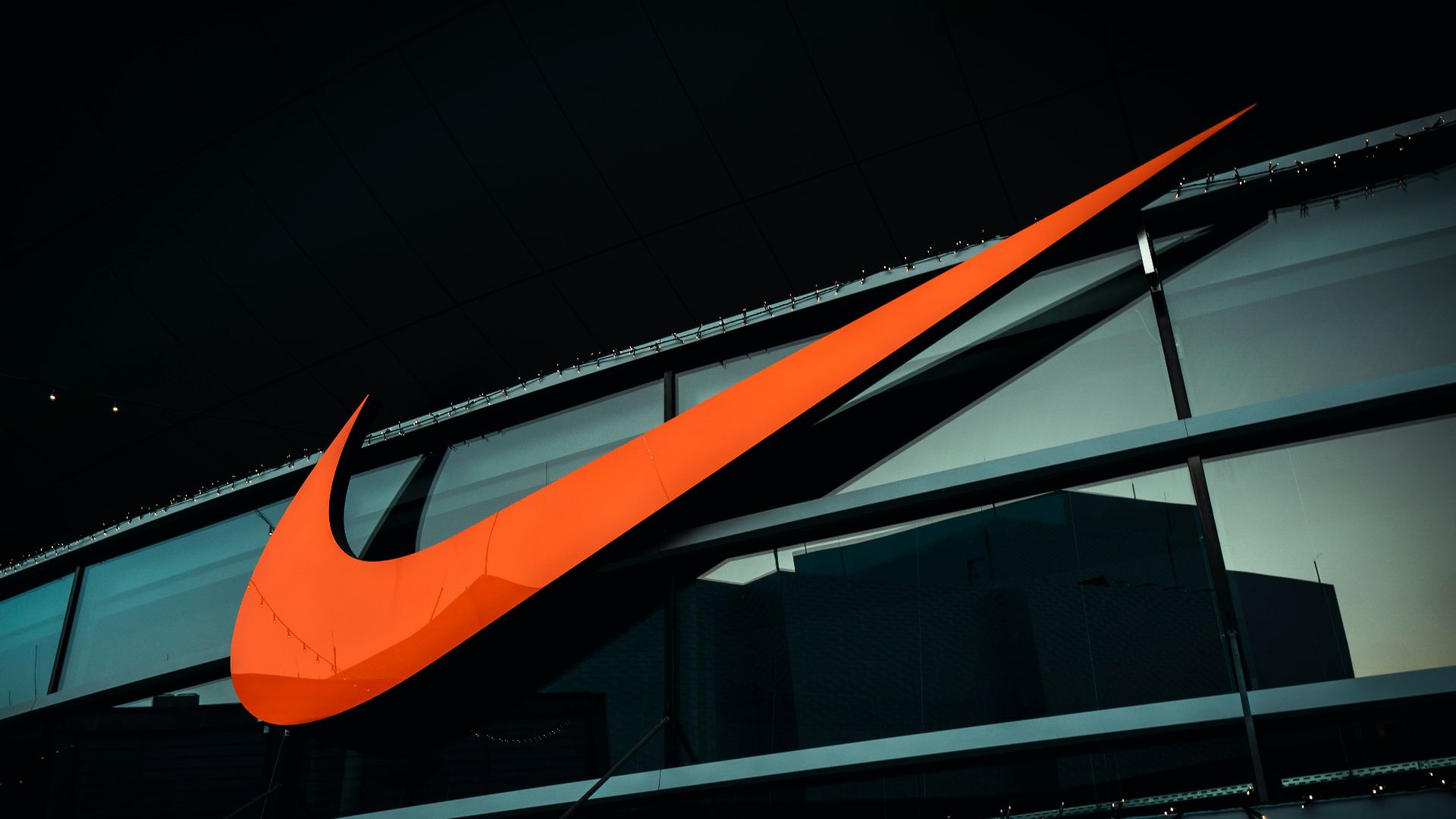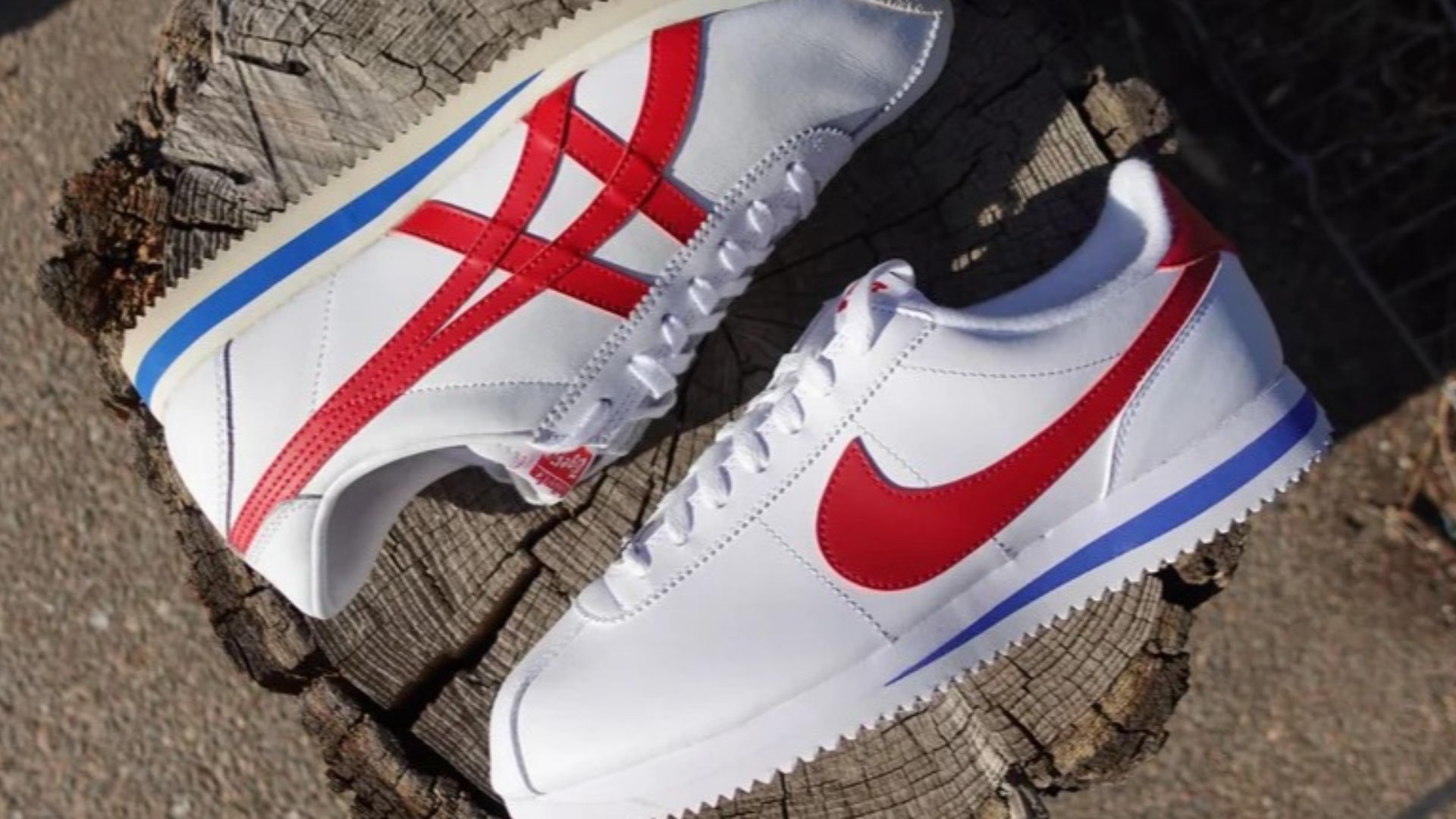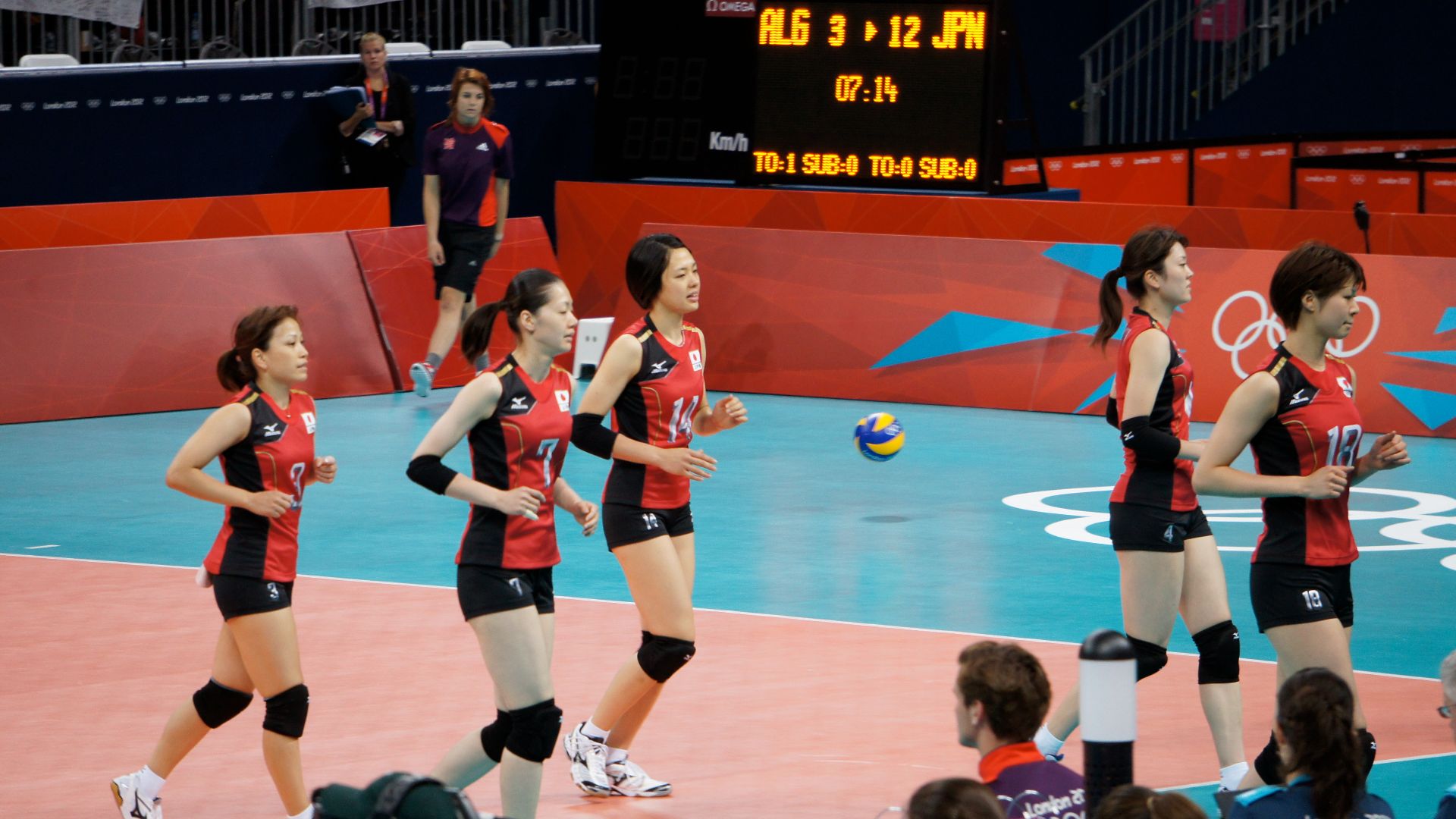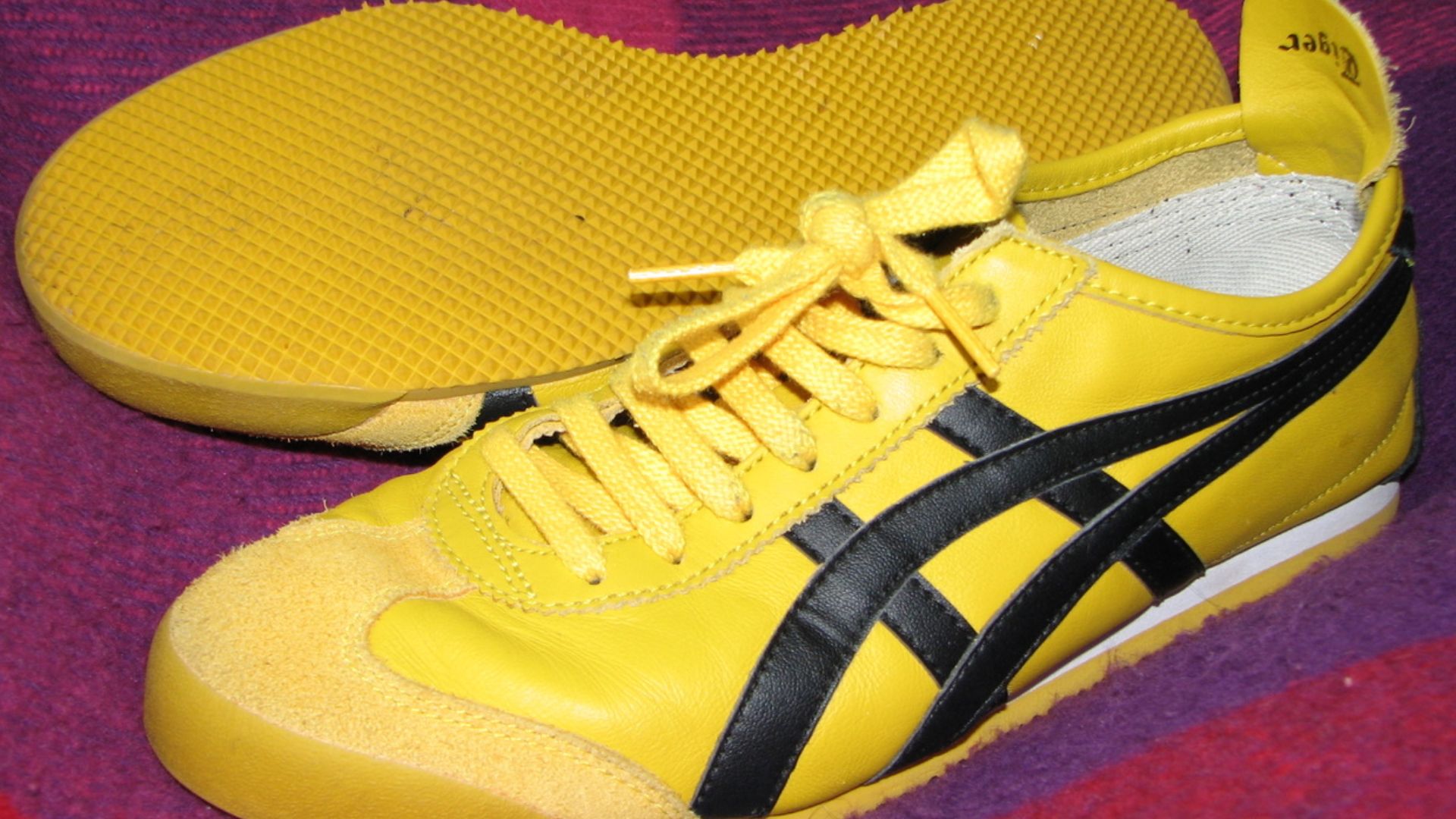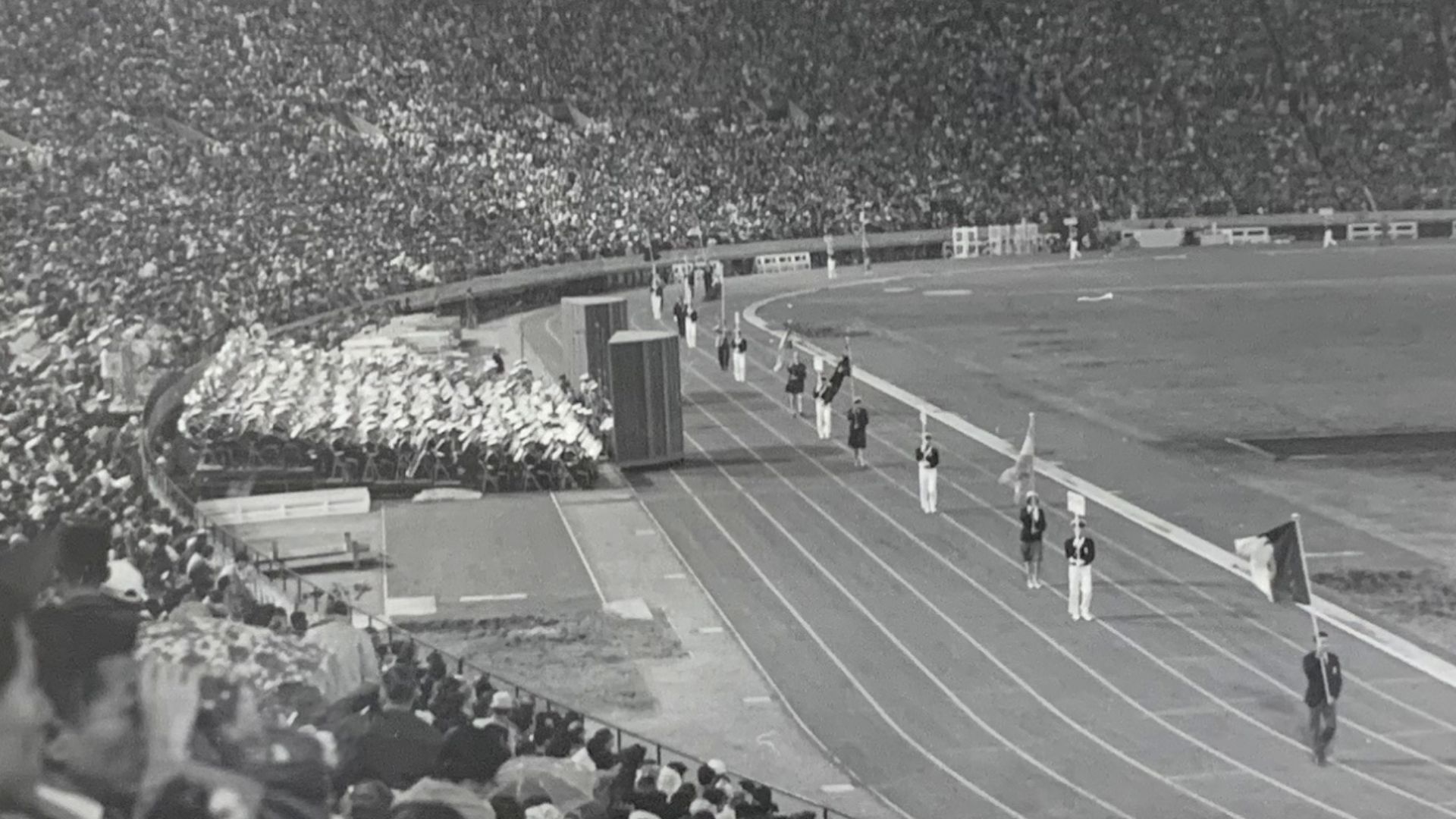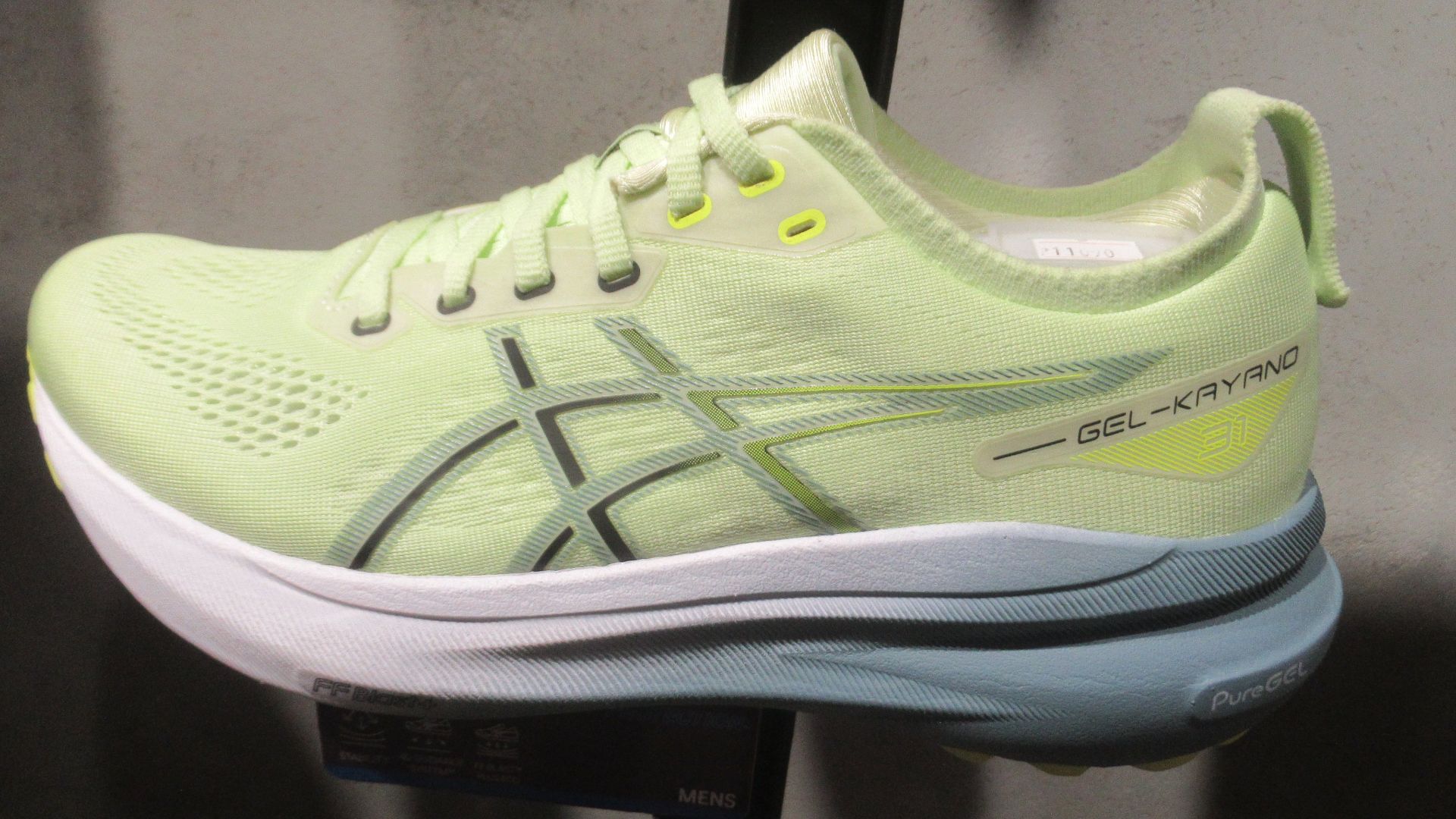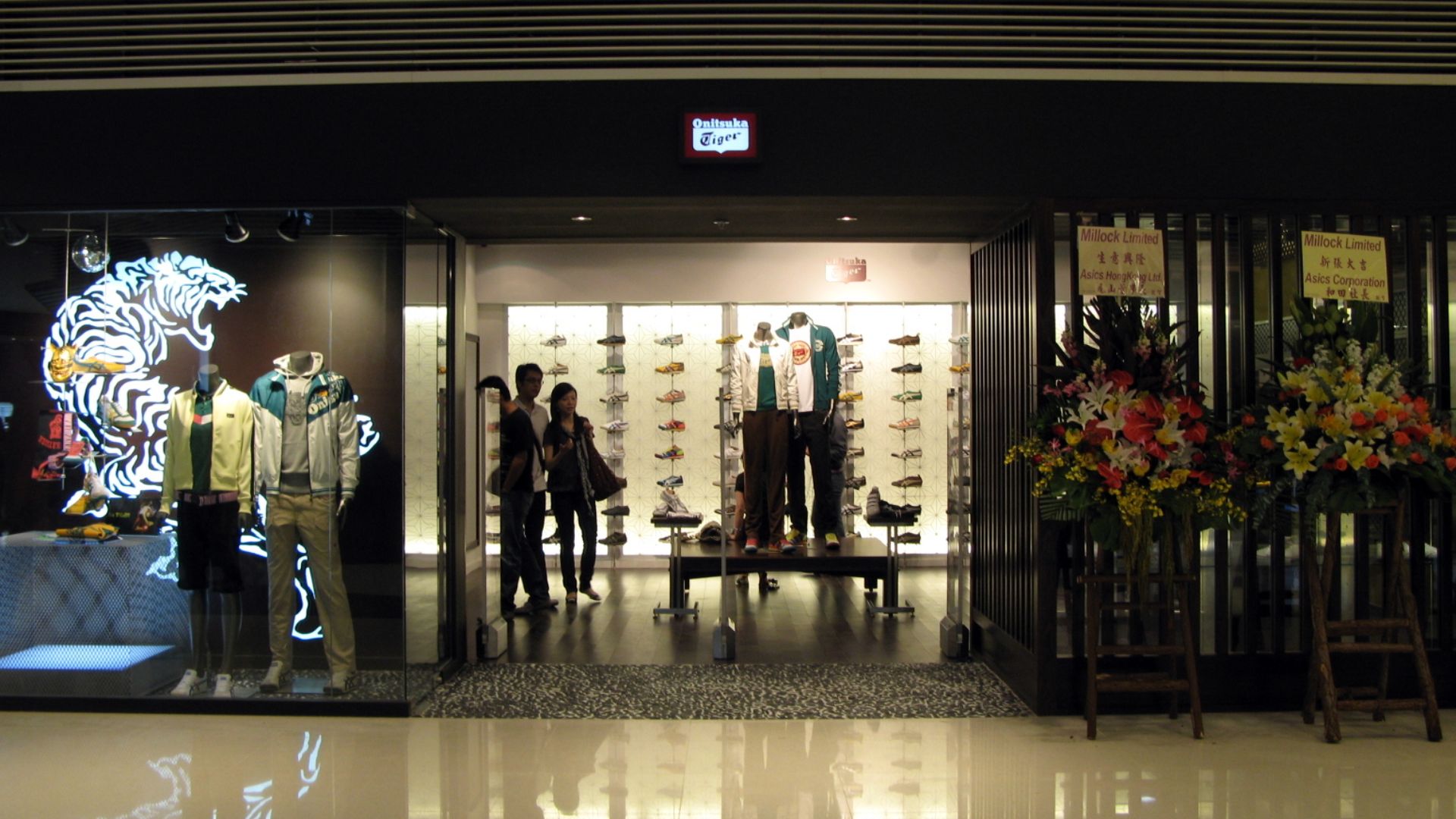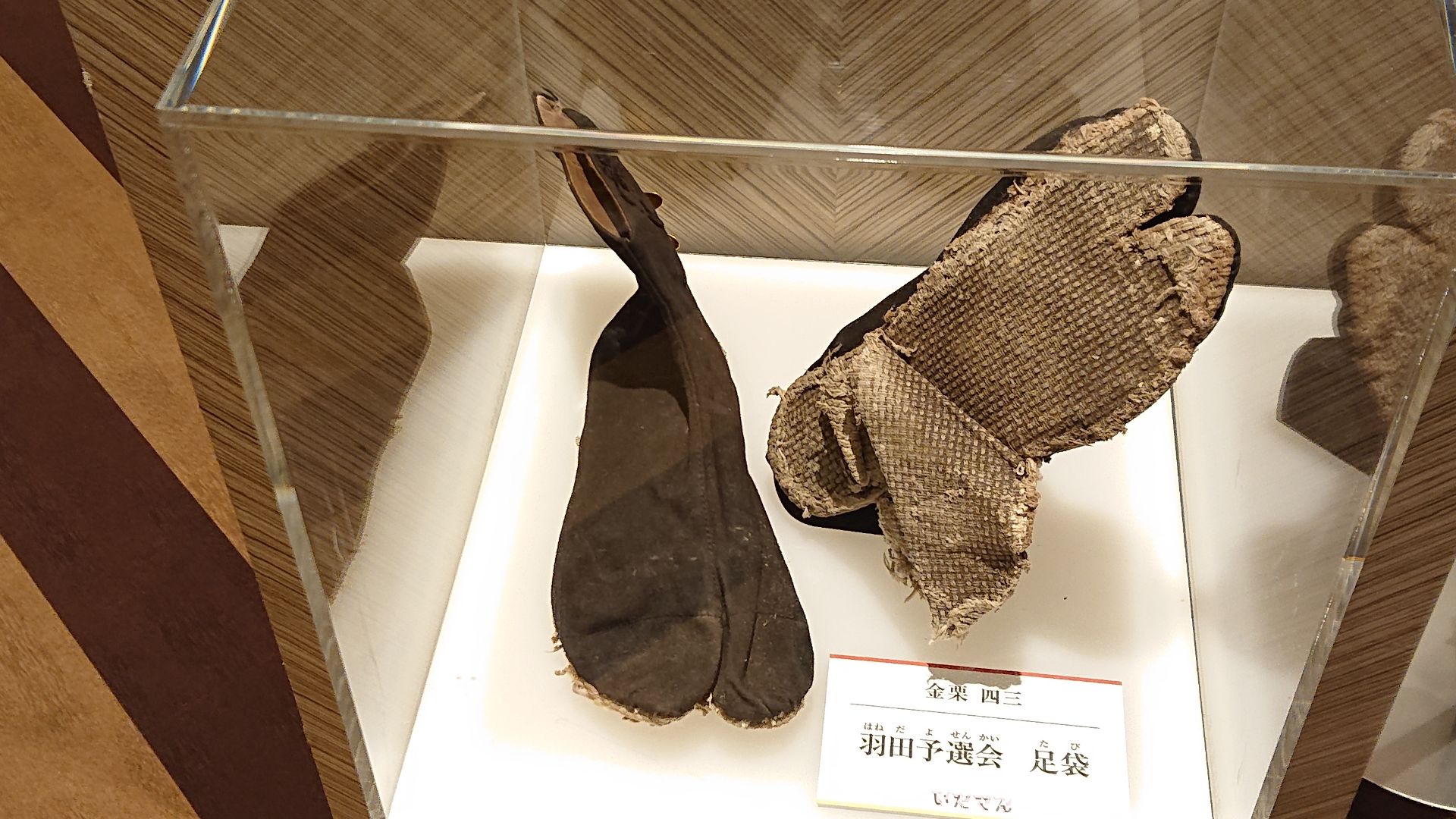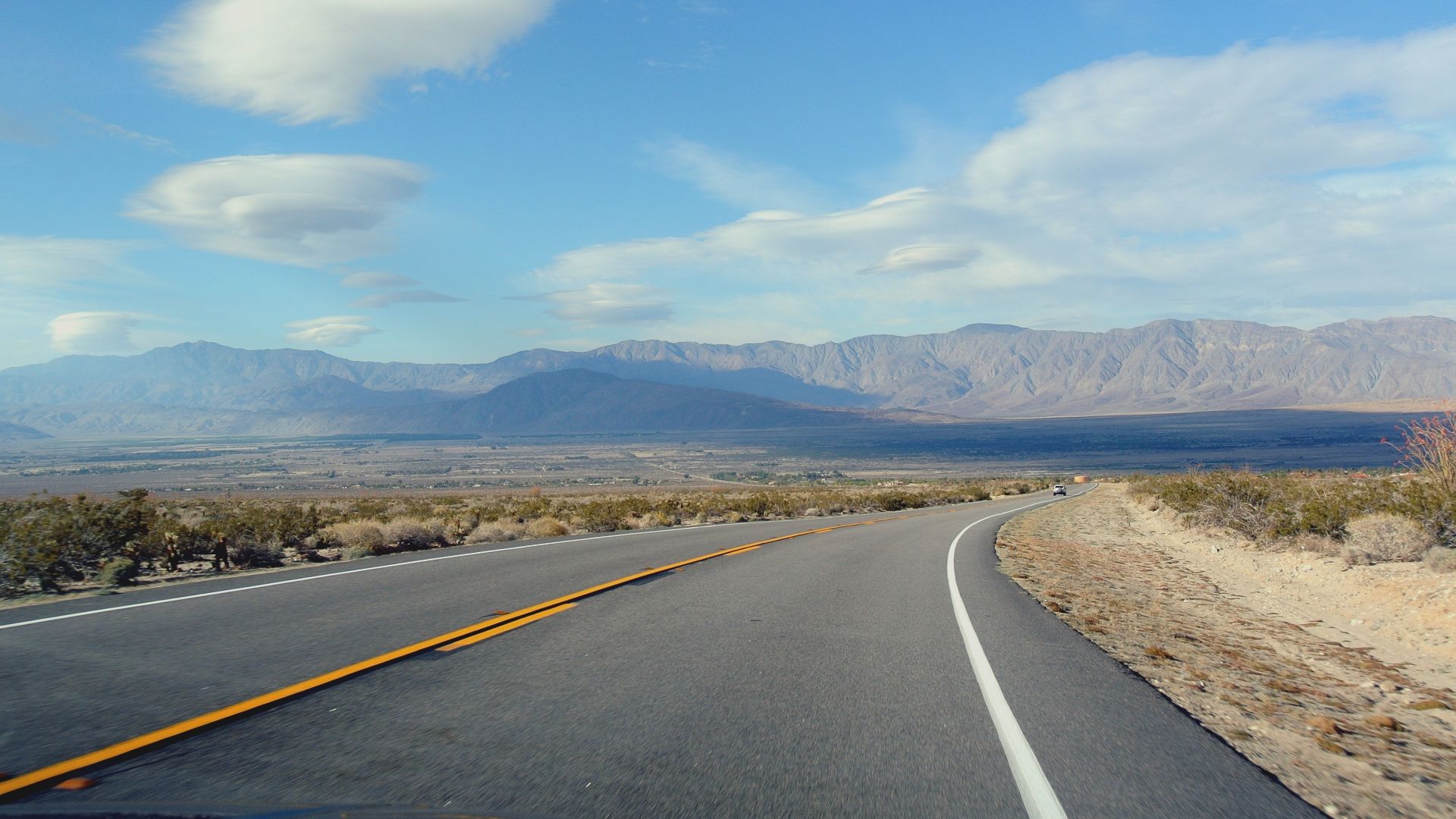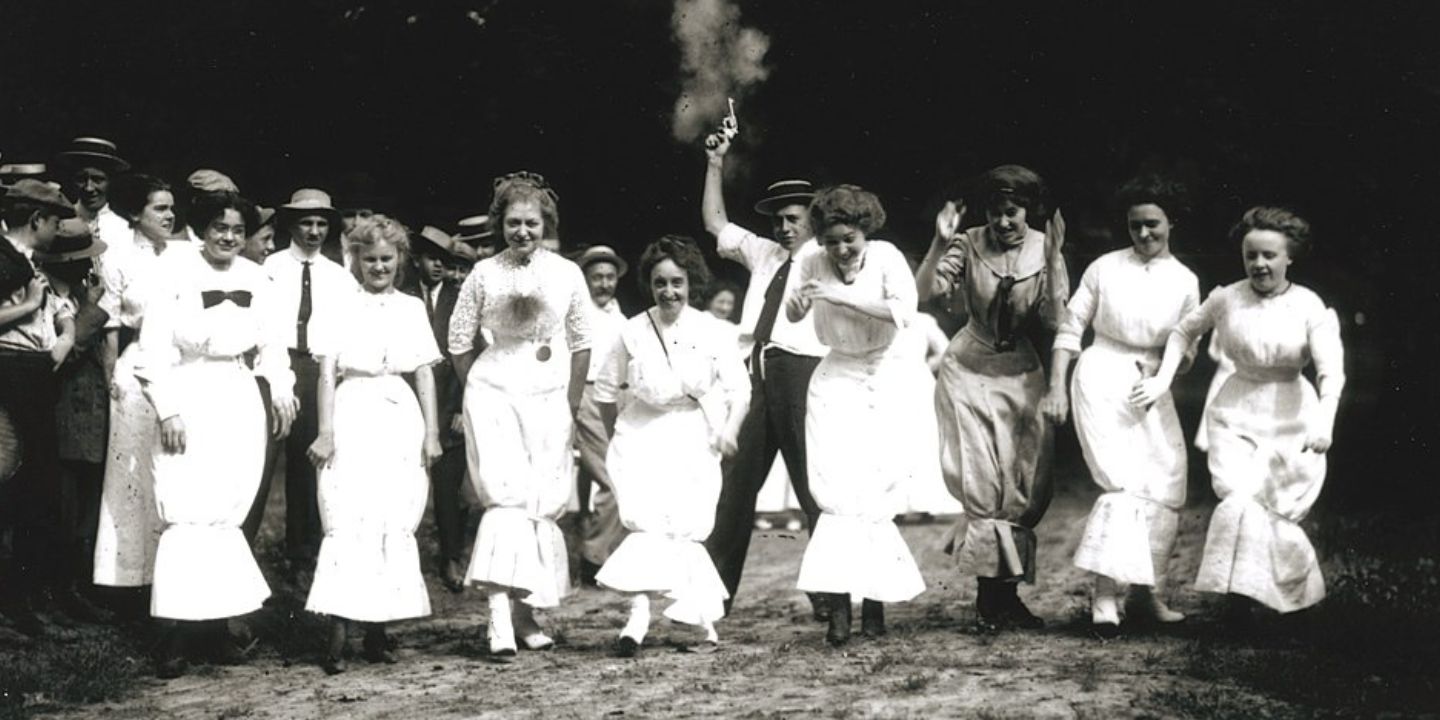Where Cool Meets Comfort
Some sneakers just have that instant cool factor—and Onitsuka Tiger owns it completely. With its sleek stripes and effortless charm, it’s more than just footwear; it’s a statement born from Japanese creativity and global appeal. Every pair carries a sense of movement and style that never fades. Want to know what gives this brand its lasting spark? Keep reading for 20 fun facts that say it all.
1. Octopus-Inspired Basketball Shoe
Over lunch one day, Kihachiro Onitsuka noticed an octopus tentacle stuck to his bowl and got an idea that changed sports shoes forever. His suction-cup sole gripped the court so well that Kobe High School’s basketball team powered their way to a championship.
 Why the Onitsuka Tiger Mexico 66 is a MUST HAVE Sneaker by THE CASUAL
Why the Onitsuka Tiger Mexico 66 is a MUST HAVE Sneaker by THE CASUAL
2. Post-War Living Room Beginnings
In 1949, Kihachiro turned his tiny Kobe living room into the birthplace of Onitsuka Tiger. With no formal design training, he sketched, cut, and stitched shoes by hand to start a legacy built on determination and pure post-war ingenuity.
3. The Power Behind The Tiger Name
The “Tiger” in Onitsuka Tiger wasn’t chosen by chance. Kihachiro wanted his brand to symbolize the strength and agility of Asia’s fiercest predator, giving his shoes a name that roared with power and competitive spirit.
4. 200 Stripes Before Perfection
Before the world saw the Mexico 66, Onitsuka Tiger tested more than 200 stripe patterns to find the right one. The final design, introduced in 1966, gave the shoe a sharp look that instantly separated it from every rival on the market.
 MORE THAN MEXICO 66 | ICONIC COLOR by Onitsuka Tiger
MORE THAN MEXICO 66 | ICONIC COLOR by Onitsuka Tiger
5. The Magic Runner’s Air-Cooled Breakthrough
In 1959, Onitsuka Tiger unveiled the Magic Runner, a shoe that solved one of running’s oldest problems. Its clever vents, modeled after motorcycle engines, kept feet cool during long races and helped athletes push harder without suffering painful blisters.
 Onitsuka Tiger Mexico 66 SD | Unboxing & On-Feet Review by Jimmy Lee
Onitsuka Tiger Mexico 66 SD | Unboxing & On-Feet Review by Jimmy Lee
6. Founder Slept On Train Benches
Kihachiro Onitsuka started his company in Kobe in 1949 with more passion than resources. To save money while promoting his shoes, he slept on train station benches and traveled across Japan, eventually building a network of 500 sports retailers by 1955.
7. Phil Knight’s Groundbreaking Import
In the 1960s, American entrepreneur Phil Knight—who would later co-found Nike—began importing Onitsuka Tiger shoes to the U.S. through his startup, Blue Ribbon Sports. The first shipment in 1963 sparked a partnership that set the groundwork for Nike’s future rise.
8. The Corsair Vs. Cortez Clash
When the brand introduced the Corsair, its resemblance to Nike’s Cortez led to a courtroom showdown. The ruling granted Nike the Cortez name while Onitsuka kept selling its version as the Corsair. This led to the end of their partnership and defined both brands’ futures.
9. Olympic Debut In 1956
From 1956 to 1980, Onitsuka Tiger crafted shoes for Japan’s Olympic athletes, including the 1972 Fabre models built for basketball. The advanced design enhanced performance on the court and symbolized the brand’s deep connection to national athletic excellence.
10. Lasse Virén’s Bold Olympic Moment
Finnish runner Lasse Virén stole attention at the 1976 Montreal Olympics when he waved his Onitsuka Tiger spikes during his victory lap. The gesture, seen as defiance against the IOC’s amateur rules, also highlighted the brand’s growing global presence.
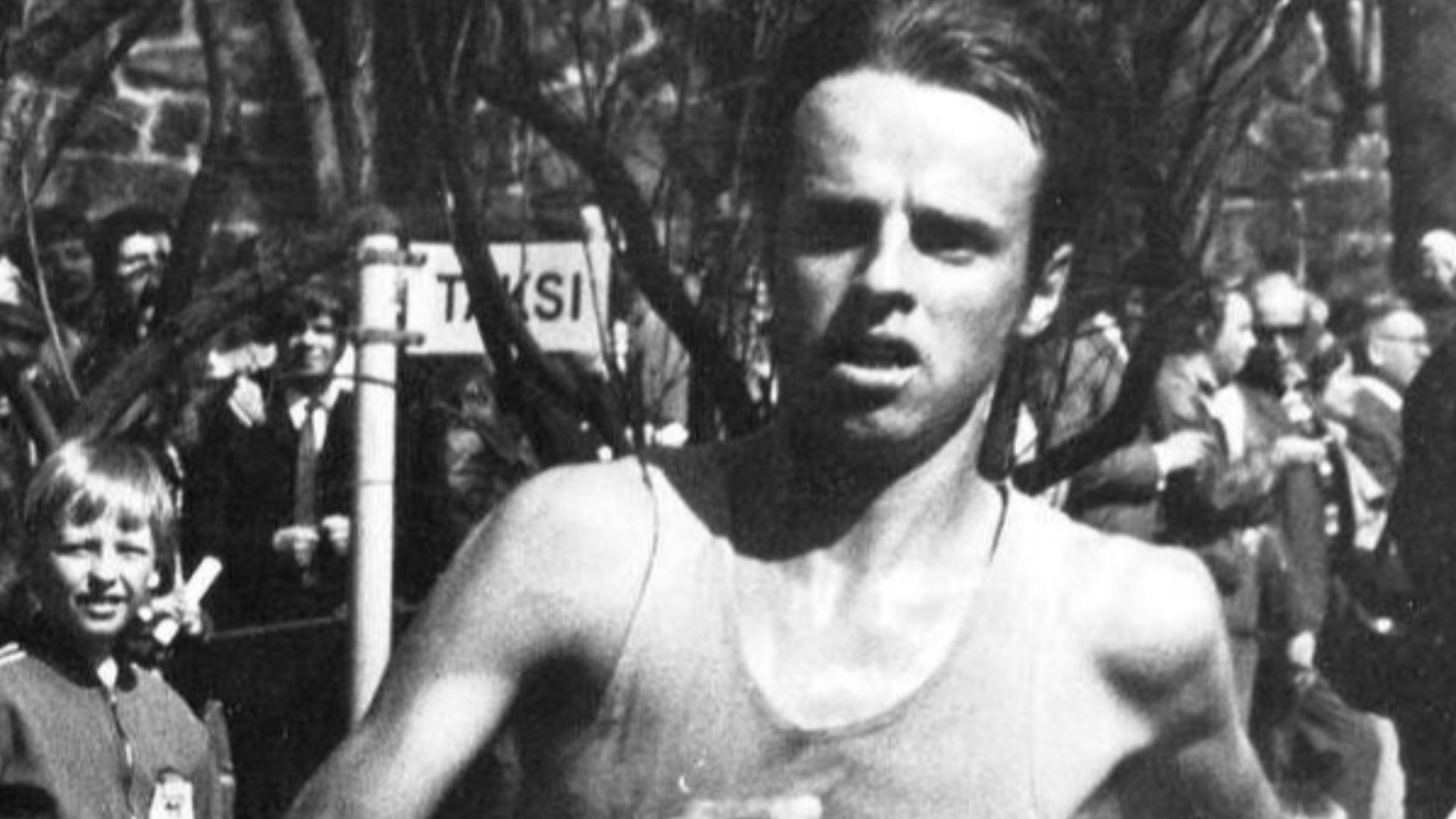 Pentti Koskinen / Helsingin Sanomat on Wikimedia
Pentti Koskinen / Helsingin Sanomat on Wikimedia
11. Uma Thurman’s Kill Bill Kick
When Uma Thurman slipped on yellow Onitsuka Tiger Mexico 66 sneakers for Kill Bill, she made movie and fashion history at once. The film’s release sparked a worldwide retro sneaker craze that reignited love for the brand’s bold style.
12. Marathon Record In Tiger Flats
In 1969, Australian marathoner Derek Clayton broke the world record wearing Onitsuka Tiger shoes. His performance proved the brand’s dedication to elite athletes and showcased how its design could power extraordinary achievements on the world’s toughest running stage.
 Marathon world record | Derek Clayton by Heart Lab
Marathon world record | Derek Clayton by Heart Lab
13. Shock-Absorbing Innovation At Tokyo 1964
At the 1964 Tokyo Olympics, the brand introduced heel layers designed to absorb shock and ease impact. The innovation improved comfort and performance for athletes, proving that smart design could make every stride smoother on the world’s biggest stage.
14. Puzzle-Box Shoe Ad Creativity
They built a five-foot sneaker from handcrafted Japanese puzzle boxes designed by Ogura Tansu Ten. Each hidden compartment revealed a short stop-motion film to form a fascinating display that toured internationally and redefined how design and storytelling could meet.
15. 75 Years Of Iconic Legacy
The company marked its 75th anniversary in 2024 with vintage-inspired releases that honor decades of creativity. The milestone celebrated a journey from humble beginnings to international acclaim while spotlighting designs that keep evolving without losing their original soul.
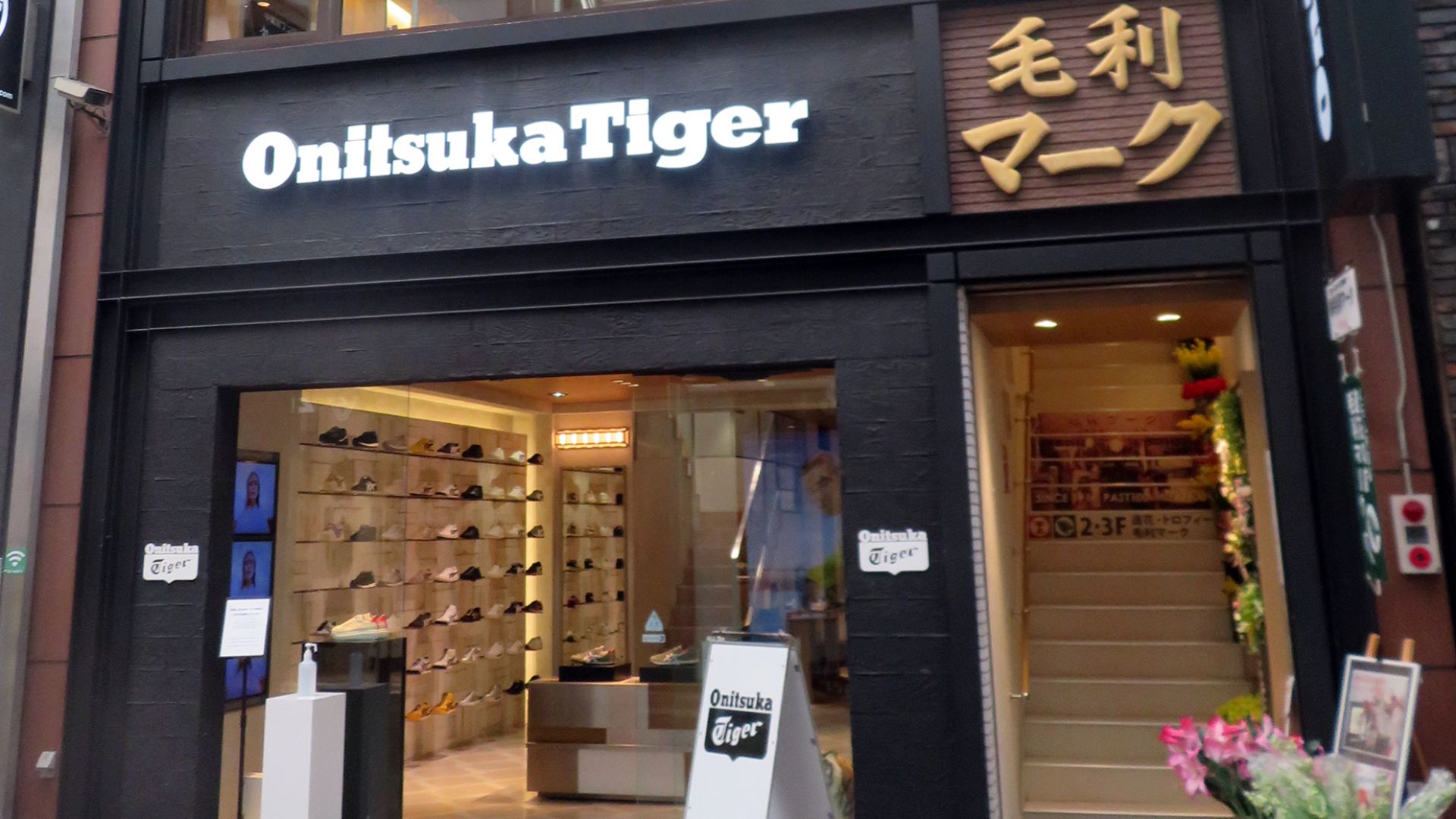 Tokumeigakarinoaoshima on Wikimedia
Tokumeigakarinoaoshima on Wikimedia
16. The Artistry Of Nippon Made
Launched in 2008, the Nippon Made series showed off handcrafted leather shoes built entirely in Japan using traditional methods. Every stitch reflected expert art, turning each pair into a collectible piece celebrated for precision, heritage, and unmistakable attention to detail.
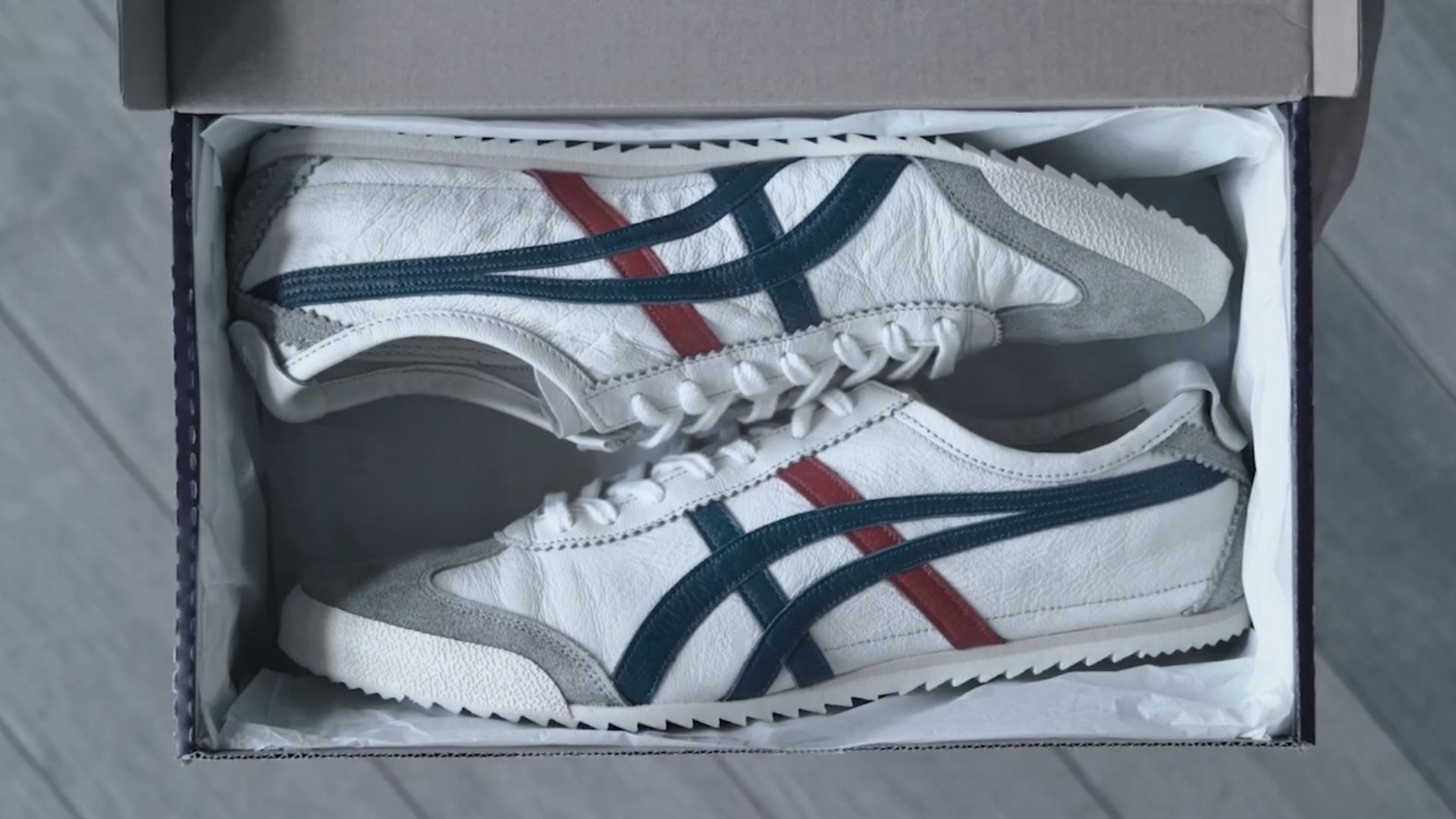 Onitsuka Tiger | NIPPON MADE #3 by Onitsuka Tiger JP
Onitsuka Tiger | NIPPON MADE #3 by Onitsuka Tiger JP
17. Greener Steps, Real Materials
The company now includes models made with recycled leather and partners with the Doi Tung Development Project in Thailand to use 100 % recycled PET yarn and hand-woven fabrics. These efforts reflect growing eco-consciousness while the brand continues strengthening transparency and supply-chain practices.
18. The Split-Toe Running Revolution
Onitsuka Tiger’s first running shoe, the 1953 Marathon Tabi, borrowed its design from traditional Japanese tabi socks. Its split-toe structure gave runners better balance and grip and stood out as a bold innovation long before “minimalist running” became a global trend.
19. California 78 And The Jogging Boom
The late 1970s running craze found its perfect match in the California 78. Its rounded heel improved stability, and reflective patches kept runners visible at night. The design turned the shoe into a true icon of the jogging era.
20. Vending-Machine Surprise In Britain
In 2008, Onitsuka Tiger launched a promotional vending machine tour across the UK, where fans could redeem tokens at stores to receive free shoes from the machine. That creative campaign turned heads, blending retail and experience in a memorable way.


